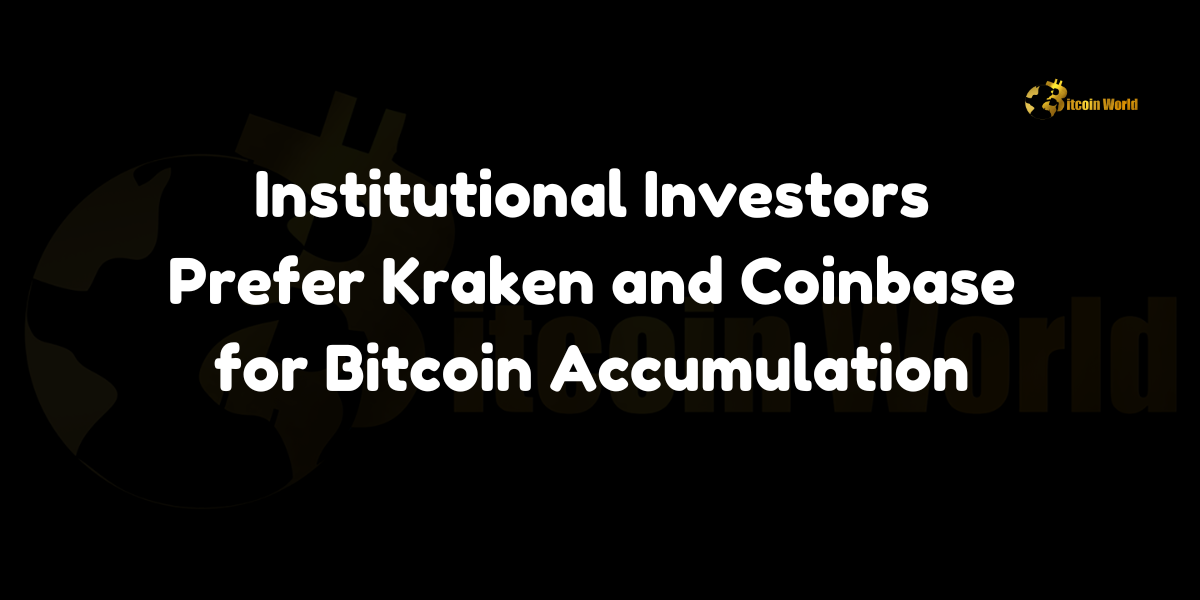Google Integrates ENS Domains into Search Results
In a groundbreaking move that bridges traditional search technology with decentralized web services, Google has officially integrated Ethereum Name Service (ENS) domains into its search results. Announced by Nalin Mittal, Google Cloud’s Web3 Product Manager, the integration allows users to search for any “.eth” domain and view its associated balance directly within Google Search. This development marks a significant step forward in making blockchain-based identities more accessible and user-friendly.
Enhancing Search Functionality with ENS Integration
The integration of ENS domains into Google Search signifies Google’s commitment to embracing Web3 technologies and enhancing user experience in the decentralized internet landscape. By enabling users to search for “.eth” domains, Google is simplifying the way individuals interact with their Ethereum-based identities and assets. Users can now effortlessly look up an ENS domain and instantly view its associated Ethereum balance, providing a seamless connection between blockchain data and everyday search activities.
How ENS Integration Works
ENS is a decentralized domain name service built on the Ethereum blockchain that allows users to register human-readable “.eth” domains. These domains can be used to represent Ethereum addresses, decentralized websites, and other blockchain-based services, making interactions on the blockchain more intuitive and user-friendly.
With Google’s integration, the search engine leverages data from Etherscan, a widely used blockchain explorer, to fetch and display relevant ENS information. When a user searches for an ENS domain like “example.eth”, Google will not only provide standard search results but also display the domain’s Ethereum balance and other pertinent details directly within the search interface. This real-time data retrieval enhances the utility of ENS domains by providing immediate insights into the associated blockchain assets.
Previous Developments Leading to Integration
Earlier in March 2024, Cointelegraph reported that Google had already begun incorporating ENS data into its search results, utilizing information sourced from Etherscan. This initial integration laid the groundwork for the more comprehensive ENS domain search feature unveiled by Nalin Mittal. The collaboration between Google and blockchain data providers underscores the tech giant’s strategic investment in blockchain technology and its potential applications in enhancing digital identity and asset management.
Benefits of ENS Integration for Users
The integration of ENS domains into Google Search offers numerous benefits for users, including:
Simplified Access to Blockchain Data: Users can effortlessly access and view blockchain-related information without needing to navigate specialized platforms or blockchain explorers.
Enhanced Transparency and Trust: Displaying ENS-associated balances directly in search results promotes transparency, allowing users to verify the holdings of specific Ethereum addresses easily.
Improved User Experience: By integrating decentralized web services into a familiar search environment, Google enhances the overall user experience, making blockchain interactions more accessible to the general public.
Support for Web3 Adoption: This move supports the broader adoption of Web3 technologies by lowering the barriers to entry and providing users with intuitive tools to manage their digital identities and assets.
Google’s Commitment to Web3 Technologies
Google’s integration of ENS domains into its search results is part of a larger initiative to explore and incorporate Web3 technologies into its suite of services. By partnering with blockchain data providers and integrating decentralized domain services, Google aims to stay at the forefront of technological innovation and meet the evolving needs of its diverse user base.
Nalin Mittal emphasized that this integration is just the beginning of Google’s journey into the decentralized web. Future plans include exploring additional blockchain-based services and enhancing the interoperability between traditional and decentralized platforms to create a more cohesive and inclusive digital ecosystem.
Challenges and Considerations
While the integration of ENS domains into Google Search presents numerous advantages, it also introduces several challenges and considerations:
Data Privacy: Ensuring that the integration respects user privacy and complies with data protection regulations is paramount.
Security: Protecting against potential vulnerabilities and ensuring the accuracy of blockchain data displayed in search results is critical to maintaining user trust.
Scalability: As the number of ENS domains and associated data grows, Google must ensure that its infrastructure can handle the increased demand without compromising performance.
Future Outlook
The integration of ENS domains into Google Search is a pioneering step towards merging traditional search technologies with decentralized web services. As blockchain technology continues to evolve, such integrations are likely to become more common, fostering greater synergy between centralized and decentralized platforms.
Google’s commitment to embracing Web3 technologies highlights the growing recognition of blockchain’s potential to transform digital interactions, enhance transparency, and empower users with more control over their digital identities and assets. As the digital landscape continues to shift, innovations like ENS integration will play a crucial role in shaping the future of online search and decentralized web services.
Conclusion
The integration of Ethereum Name Service (ENS) domains into Google Search represents a significant advancement in making blockchain-based identities and assets more accessible and user-friendly. By allowing users to search for “.eth” domains and view associated balances directly within search results, Google is bridging the gap between traditional search functionalities and the decentralized web. This development not only enhances the utility of ENS domains but also underscores Google’s strategic commitment to embracing and supporting Web3 technologies.
As blockchain technology continues to gain traction, such integrations will be essential in driving broader adoption and fostering a more inclusive and transparent digital ecosystem. Nalin Mittal‘s announcement marks a pivotal moment in the convergence of centralized and decentralized technologies, paving the way for future innovations that will further transform how users interact with their digital identities and assets.
To learn more about the innovative startups shaping the future of the crypto industry, explore our article on latest news, where we delve into the most promising ventures and their potential to disrupt traditional industries.





